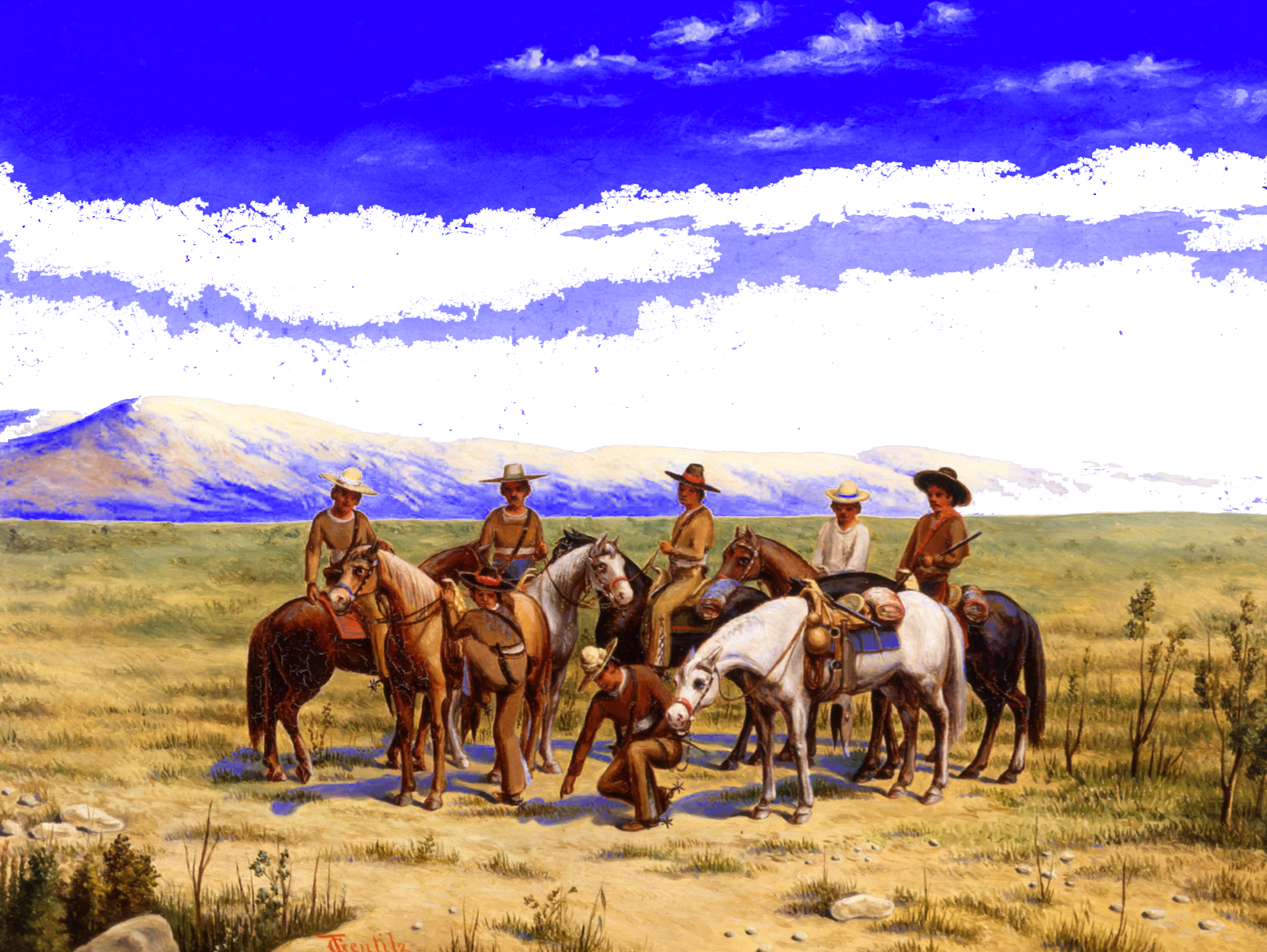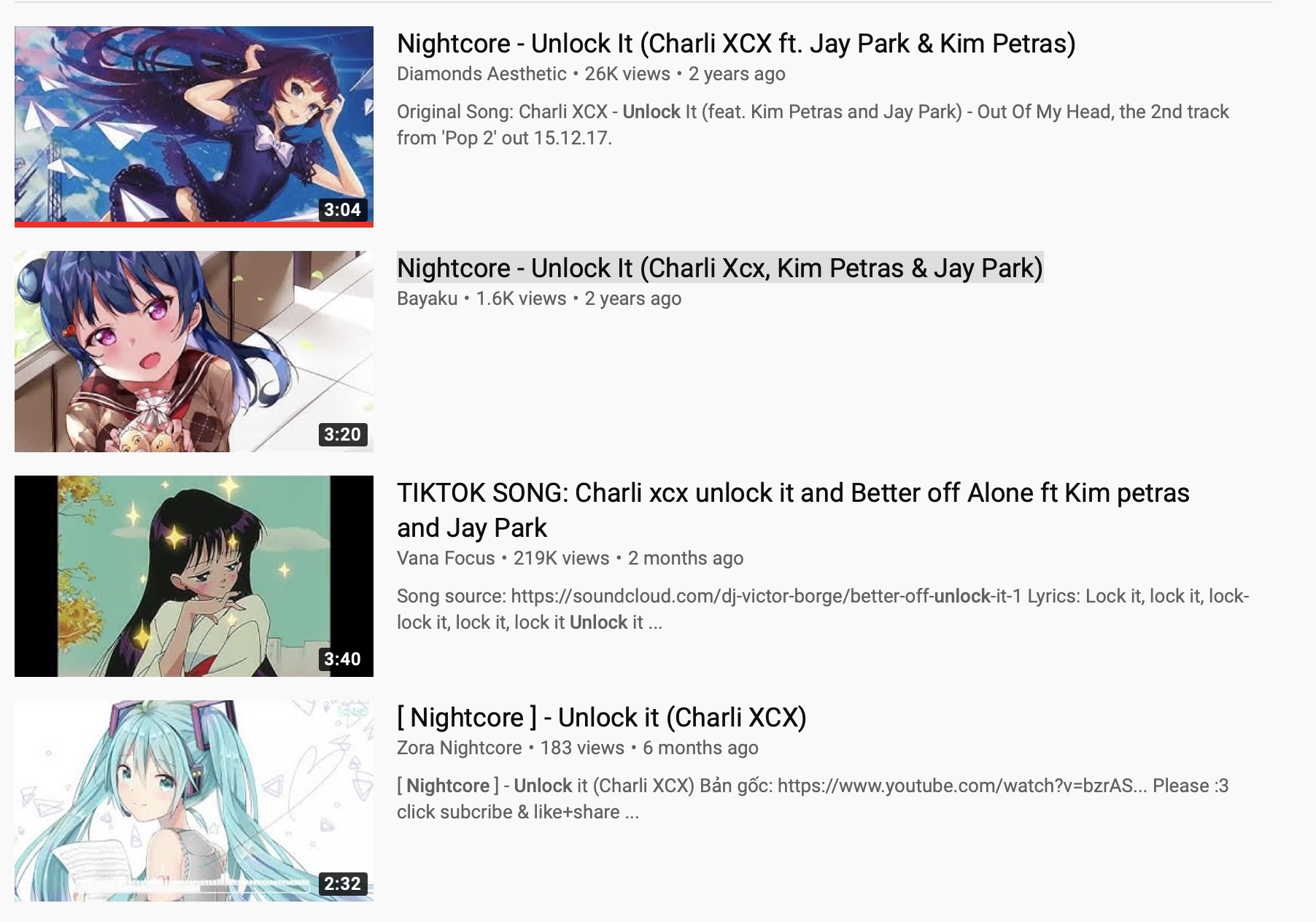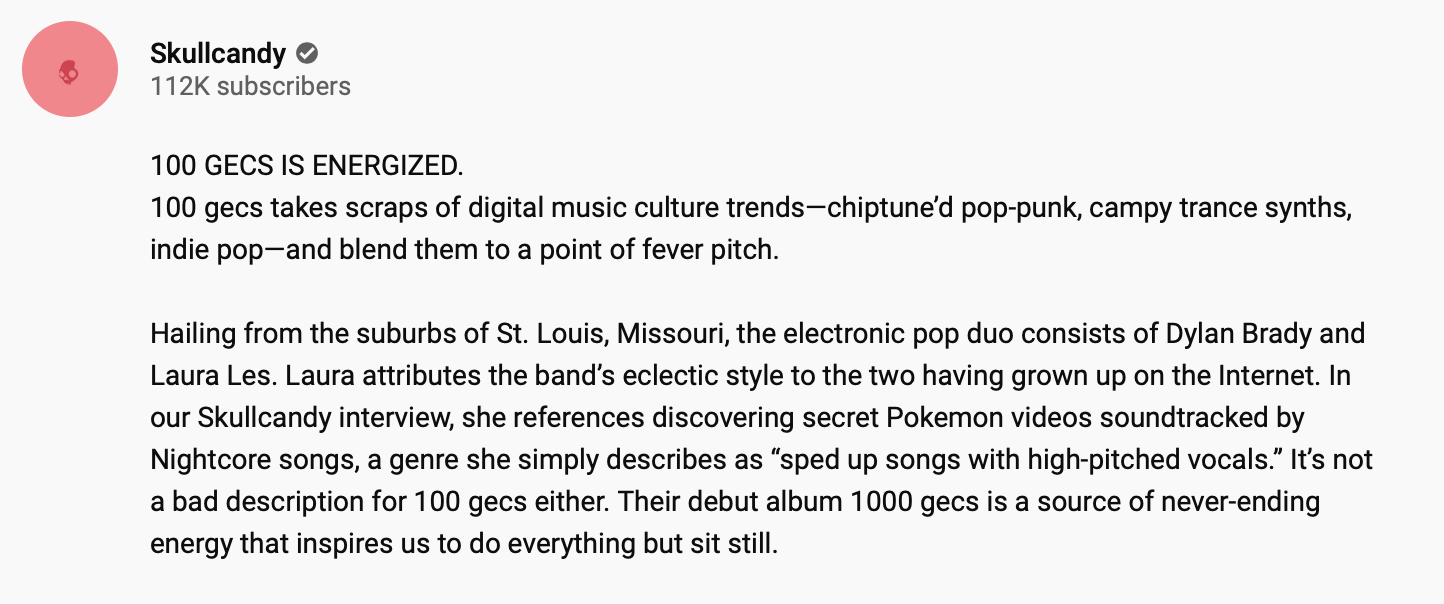
I think of the horror genre and how horror movies can often act as symbolic allegory for collective historical trauma and cultural anxiety. I think of the Western genre and think of its function as codifying Western colonial fantasies: a desire for freedom, for frontiers, for land and resources. Science Fiction: collective anxieties about the future, about biopolitics, about invasion and powerlessness. European colonization of the Americas was the original alien invasion, and to me many sci-fi plots that have to do with the trope of invasion point to some sort of white/western anxiety of having their historical ‘sins’ reproduced back to them. Its a function of white guilt. Because mainstream American society is generally white, the tropes within the genres we talk about in our media reflect that dominance. It is exciting to me, then, when that structure is subverted by people who aren’t white or male or cis or straight. The most recent high-profile example I can think of is Jordan Peele’s “Get Out,” which recasts white middle-class liberal identity as terrifyingly grotesque. Within science fiction, there are movements like Afrofuturism, Asian-futurism, and Indiginous futurisms that actively try to de-center Western subjectivity within future-making.













